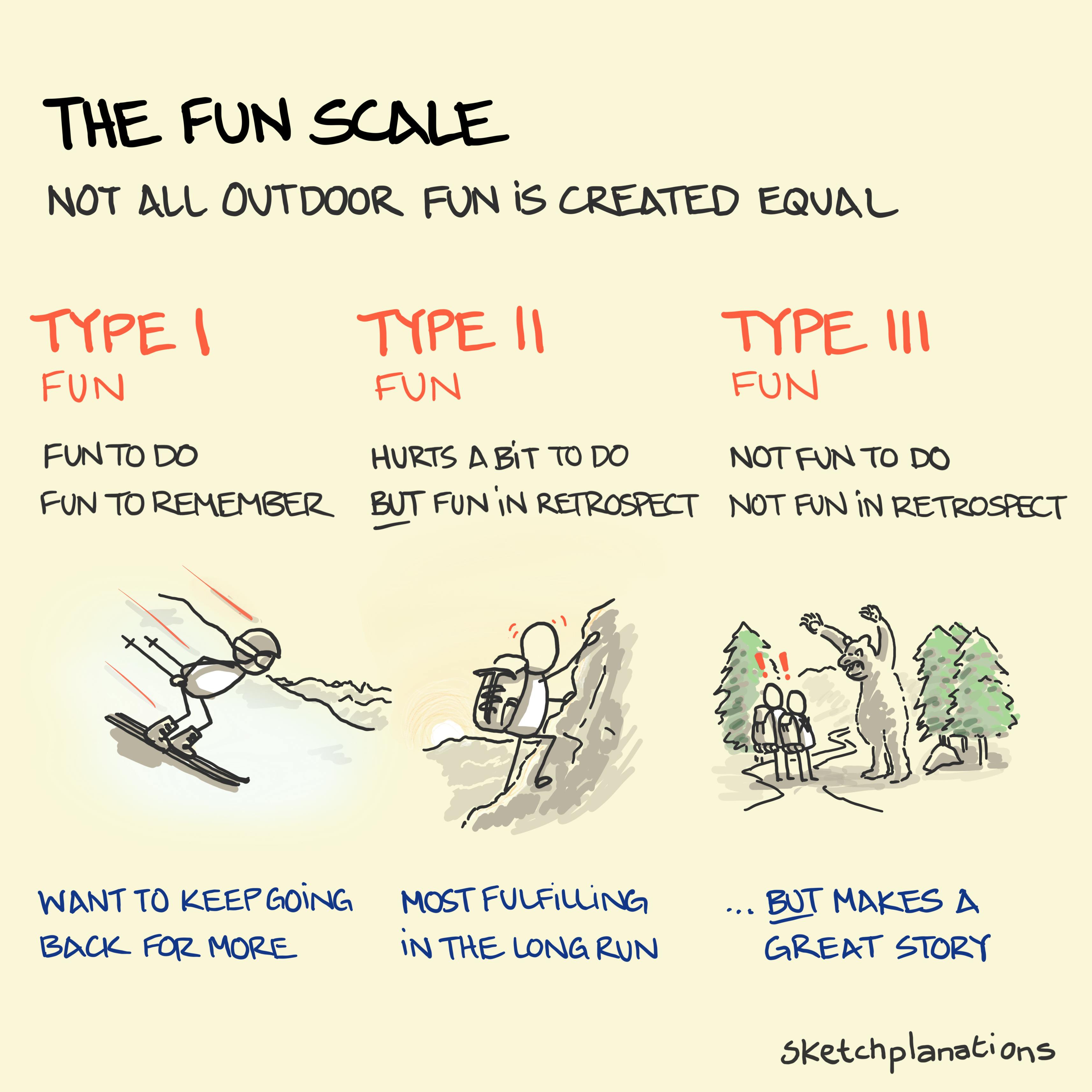Are you feeling overwhelmed by the thought of improving your digital skills? You’re not alone.
Many people feel like mastering technology is like climbing a steep mountain. But it doesn’t have to be that way. You can take small, manageable steps that fit into your routine without burning yourself out. You’ll discover practical tips and strategies to enhance your digital skills at a pace that works for you.
By breaking down the process and focusing on one step at a time, you’ll find that learning can actually be enjoyable. Let’s dive in and make digital skills feel less daunting and more achievable!
Building A Strong Foundation
Building digital skills is like building a house. You need a solid foundation. Without it, everything else can crumble. Start small. Focus on what matters most. This way, learning becomes easier and less stressful.
Many feel overwhelmed when trying to learn new skills. The key is to break it down. Taking small steps makes the journey feel lighter. You can grow your abilities without feeling burnt out.
Identifying Key Skills
Begin by identifying the key skills you want to learn. Think about what matters for your goals. List the skills that will help you succeed. Focus on the basics first. Skills like using email, social media, or online research are important.
Ask yourself questions. What do you need for your job? What interests you? This will guide your learning path. Prioritize the skills that will benefit you the most.
Setting Clear Goals
Setting clear goals is crucial. Write down what you want to achieve. Make your goals specific and realistic. Instead of saying, “I want to learn digital skills,” say, “I want to learn to use Excel for budgeting.”
Break your goals into smaller tasks. This makes them easier to manage. Celebrate each small win. This keeps you motivated. Remember, each step counts. Progress is a journey, not a race.

Credit: sketchplanations.com
Creating A Learning Plan
Improving digital skills can feel overwhelming. Breaking it down into small steps makes the process easier. A clear learning plan helps you stay focused and avoid burnout while you grow your abilities. Take your time and enjoy the journey.
Creating a Learning Plan can make your journey into digital skills more manageable and enjoyable. By approaching your learning systematically, you can avoid feeling overwhelmed. It's all about setting clear goals and knowing how to achieve them without burning out.Breaking Down Complex Skills
Learning a new digital skill can seem daunting. Start by breaking it down into smaller, manageable parts. For instance, if you want to learn graphic design, focus first on mastering basic tools like Canva or Photoshop. Identify the key components of the skill. List them out and set milestones. Celebrate each small victory along the way to keep your motivation high. Consider using resources like online courses or tutorials. These can provide structured guidance, making complex concepts easier to grasp.Allocating Time Effectively
Time management is crucial when learning new skills. Create a schedule that fits your lifestyle. Dedicate specific blocks of time to practice, whether it's 30 minutes daily or a few hours on weekends. Be realistic about your commitments. It’s better to start small and gradually increase your learning time. This approach helps prevent burnout and keeps you engaged. Try using tools like calendars or reminders to stay on track. Tracking your progress can be motivating and provide a sense of accomplishment. How will you structure your learning time to ensure consistency? Finding a balance between work and learning will help you maintain focus and enthusiasm.Finding The Right Resources
Improving digital skills can feel tough. It doesn’t have to be. Finding the right resources makes learning easier. You can learn at your own pace. Choose tools that fit your needs and budget.
Many options exist for both free and paid resources. Explore these choices to find what works best for you.
Free And Paid Tools
There are many tools available for learning digital skills. Free tools can help you get started. Websites like Codecademy and Khan Academy offer free courses. You can learn coding, graphic design, and more.
Paid tools often provide more features. Platforms like Udemy or LinkedIn Learning have affordable courses. They offer in-depth lessons from experts. Choose a tool that fits your learning style.
Check reviews and ratings before you decide. This helps you find the best options. Remember, it's okay to try several resources.
Leveraging Online Communities
Online communities can be a great support. Forums and social media groups connect you with others. You can ask questions and share tips. This makes learning more enjoyable.
Join groups related to your interests. Reddit and Facebook have many helpful communities. Engaging with others helps you stay motivated.
Share your progress and challenges. Others can offer advice and encouragement. Community support makes the learning process easier.
Practicing Consistently
Improving digital skills can be easy. Focus on small tasks each day. Step by step, you will see progress without feeling overwhelmed. Enjoy the journey and learn at your own pace.
Practicing consistently is the key to improving your digital skills without feeling overwhelmed. Making small, manageable efforts each day can lead to significant progress over time. You don’t need to dedicate hours; even short, focused sessions can make a big difference.Small Daily Actions
Start by identifying one small task you can do daily. This could be watching a tutorial, practicing a new software feature, or reading an article about digital trends. Set aside just 15-30 minutes each day. You’d be surprised at how quickly those minutes add up over a week. When I first began learning graphic design, I committed to creating one simple design each day. This consistent practice helped me build skills gradually and boosted my confidence. Consider creating a list of digital skills you want to develop. Then, pick one to focus on each week. This way, you won’t feel overwhelmed by trying to master everything at once. Ask yourself: What skill do you want to tackle first?Tracking Progress
Tracking your progress can be incredibly motivating. Keep a journal or use an app to log your daily activities. Record what you learned, challenges you faced, and how you overcame them. Reviewing your entries can help you see how far you’ve come. I found that noting my daily accomplishments gave me a sense of achievement. It also highlighted areas that needed more attention. Consider setting weekly or monthly goals. These milestones can help you celebrate small victories along the way. Remember, every little step counts. What will you track this week to measure your growth?Managing Energy And Focus
Improving digital skills can be easy. Break tasks into small steps. This method helps you stay focused and energized. Avoid burnout by pacing yourself. Enjoy the learning process without feeling overwhelmed.
Managing your energy and focus is crucial when developing digital skills. It’s easy to feel overwhelmed by the amount of information and tasks ahead. By taking a methodical approach, you can make steady progress without burning out.Avoiding Overload
Overloading yourself with too much information at once can lead to frustration. Start with small, manageable tasks. Instead of trying to learn an entire software program in one day, focus on mastering one feature at a time. Set specific goals for each session. Ask yourself, “What do I want to achieve today?” This will keep your efforts targeted and effective. Taking regular breaks is essential. The Pomodoro Technique, where you work for 25 minutes and then take a 5-minute break, can help maintain your concentration. Consider how you feel after each session. If you feel drained, it might be a signal to adjust your approach.Building Healthy Habits
Developing healthy habits can significantly improve your learning experience. Establish a routine that works for you. Designate specific times for skill development and stick to that schedule. Incorporate variety to keep things interesting. Rotate between different skills or topics to avoid monotony. Stay organized with tools like to-do lists or apps that track your progress. This visual representation can motivate you and keep you accountable. Reflect on your progress regularly. Celebrate small wins to maintain motivation. How do you feel about your current learning habits? Are they helping or hindering your progress? By managing your energy and focus, you can build digital skills effectively and sustainably. Make each step count while ensuring you stay energized and engaged.
Credit: www.bicycling.com
Celebrating Wins Along The Way
Improving digital skills can feel hard. It doesn't need to be. Breaking it down into smaller steps helps. Celebrating wins makes the journey enjoyable. Each step forward matters. Recognizing these wins keeps you motivated.
Recognizing Milestones
Milestones are important markers in your journey. They show how far you have come. Small achievements count too. Completing a new lesson feels good. Finishing a project boosts your confidence. Take a moment to appreciate these moments. Write them down or share with a friend. This helps you see your progress.
Rewarding Yourself
Rewards make hard work feel lighter. After reaching a goal, treat yourself. It could be a favorite snack or a short break. Small rewards keep you excited. They help you look forward to the next step. Celebrate with activities you enjoy. This builds a positive cycle of learning. Each reward encourages you to continue.
Adapting As You Grow
Growing your digital skills is a journey. It doesn't need to feel hard. You can adapt your learning as you progress. This allows you to stay engaged. Small steps work best.
Reevaluating Goals
Regularly check your goals. Are they still relevant? Adjust them based on your progress. This keeps your focus sharp.
Set small, realistic goals. Celebrate each achievement. Small wins boost motivation. They help you stay on track.
Ask yourself questions. What do I want to learn next? What skills will help my career? Stay flexible with your goals.
Exploring Advanced Skills
Once you master the basics, explore advanced skills. Choose topics that interest you. This makes learning enjoyable.
Try different resources. Online courses, videos, and podcasts are great options. Find what works best for you.
Practice regularly. Use your new skills in real-life situations. This reinforces your learning.
Stay curious. Keep discovering new trends in the digital world. This keeps you engaged and informed.

Credit: www.shedreamsofalpine.com
Frequently Asked Questions
How Can I Improve My Digital Skills Easily?
Improving your digital skills can be simple. Start by identifying specific areas you want to learn. Set realistic goals and break them into smaller tasks. Use online resources like tutorials and courses. Practice regularly to reinforce your learning without overwhelming yourself.
What Are The Best Digital Skills To Learn?
The best digital skills to learn include data analysis, coding, digital marketing, and graphic design. These skills are in high demand across various industries. Focus on what aligns with your interests and career goals. Learning these skills can significantly enhance your job prospects.
How Do I Avoid Burnout While Learning?
To avoid burnout, create a balanced learning schedule. Break study sessions into manageable chunks and include breaks. Stay flexible with your goals and adjust them as needed. Prioritize self-care and ensure you have time for relaxation and other activities outside of learning.
Can I Learn Digital Skills At My Own Pace?
Yes, you can absolutely learn digital skills at your own pace. Many online platforms offer flexible courses that fit your schedule. This allows you to absorb information thoroughly and practice without pressure. Learning at your own pace can lead to better retention and understanding.
Conclusion
Improving your digital skills is a journey. Take small steps each day. Celebrate your progress, no matter how small. Remember, it’s okay to make mistakes. Use them as learning moments. Balance is key; don’t push yourself too hard. Find what works best for you.
With patience, you will see growth. Enjoy the process. Digital skills can open new doors. Embrace the journey and keep moving forward. You are capable of more than you think.
Comments
Post a Comment